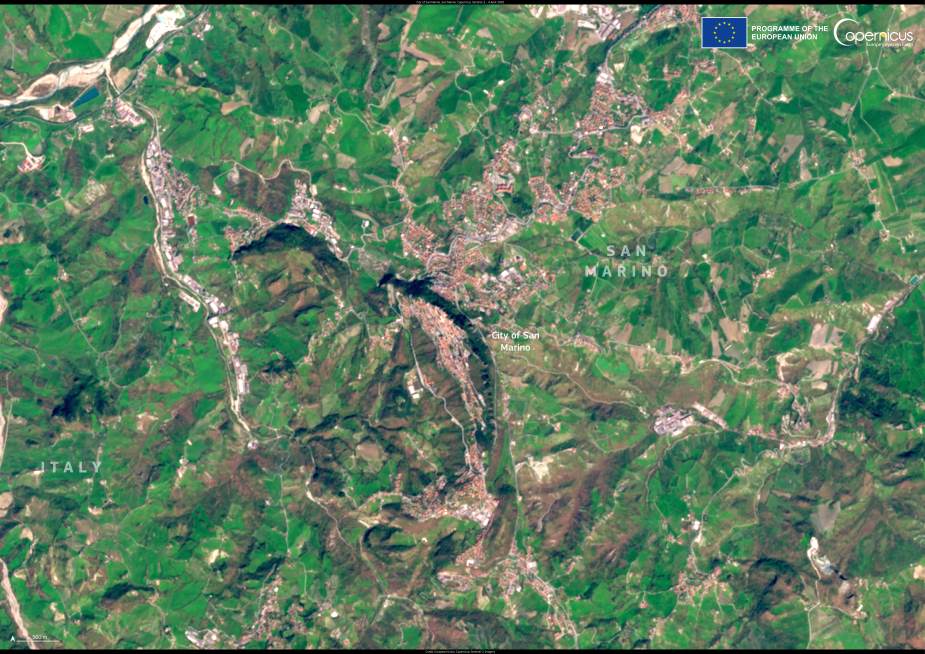By International Institute for Applied Systems Analysis (IIASA)
Small changes in our everyday actions can trigger significant, rapid societal shifts especially when it comes to climate action. A new IIASA-led study highlights the importance of analyzing these dynamics with a comprehensive framework to harness their full potential for reducing carbon emissions.
Making small changes in how we live day-to-day can quickly create significant changes in society, especially in ways that benefit the environment. This idea is captured in the term social tipping points.
According to the authors of a new paper just published in the journal One Earth, social tipping points are crucial for speeding up efforts to reduce carbon emissions. These points occur when social, political, economic, or technological systems rapidly shift to a new state due to positive feedback mechanisms. Understanding these tipping points requires analyzing the complexity of social systems, but current research lacks a practical framework that combines both theoretical and empirical aspects.
“Consider how one Swedish school student’s Friday protest has tipped millions into climate protest and activism that signal public support for climate action. Or how Norway’s electric vehicle policies have tipped the country’s vehicle fleet away from combusting fossil fuels. Given the promise of social tipping it’s essential that scientific analysis is rigorous, not just in identifying and evidencing potential tipping points, but also in modeling their dynamics to understand how they unfold and what may block them. Explaining how to do this is what we do in this paper,” explains study coauthor Charlie Wilson, a senior researcher at IIASA and professor of Energy and Climate Change in the Environmental Change Institute at the University of Oxford, UK.
The study introduces a dynamic systems approach to studying social tipping points, which includes looking at interconnected feedback mechanisms and interactions across different systems and scales. The authors also emphasize the importance of gathering and analyzing data to provide solid evidence and monitor these tipping dynamics, using global modeling to predict future changes.
The approach builds on the findings of an expert workshop where the team identified key feedback mechanisms that drive tipping dynamics. The authors point out that it is also important to consider factors that can counteract these dynamics. For example, while spreading pro-environmental values is seen as a positive tipping point, societal polarization can hinder this spread.
“Our research shows that small actions can lead to significant changes that ripple through social and economic systems. This means that both policymakers and everyday people have a lot of power to influence big changes. However, it’s crucial to carefully analyze which small actions can lead to these large impacts,” says study lead author Sibel Eker, a senior researcher at IIASA and Nijmegen School of Management at Radboud University in The Netherlands.
The comprehensive approach proposed and demonstrated in this study can support a better understanding of social tipping dynamics and strengthen the viability and effectiveness of climate policies. The authors however highlight that their approach could be enhanced further by identifying influential agents and considering differences between regions, like the Global North and South, through collaborative efforts to make the concept of social tipping even more robust and useful for policy and practice.
More information: Eker, S., Wilson, C., Höhne, N., McCaffrey, M.S., Monasterolo, I., Niamir, L., Zimm, C., ‘Harnessing social tipping dynamics: A systems approach for accelerating decarbonization’, One Earth (vol. 7, Iss 6; 2024); DOI: 10.1016/j.oneear.2024.05.012. IIASA Press Release. Featured image credit: Karsten Würth | Unsplash




